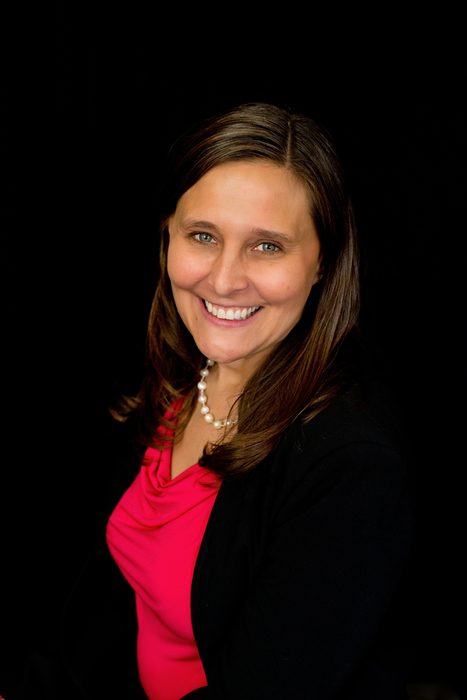Ask the Expert: Sex Ed During Early Childhood and the Teenage Years
Posted on 05/18/17 in Health by Cara Daily
As a parent, I want to help my child to have a healthy understanding of his sexuality. What is the best way to approach the subject during early childhood and later during the teenage years?
Most parents are concerned about teaching sex education to their child, but find resources are lacking to help them do it. First, it is never too young to start addressing sexuality. Schools don’t start teaching sex education until 5th grade, but it is recommended to start age appropriate education earlier, especially for individuals with Autism Spectrum Disorder (ASD). First, educate your child about gender differences early on (e.g., toddler and school age) through use of pictures, Social Stories™ and game playing. Remember to use different types of body sizes, hair style and clothing for both males and females. Use life-size posters, anatomically correct dolls and other hands-on visuals while teaching. Teach the similarities and differences between genders, while still encouraging non-gender stereotyped play and activities.
Next, teach about body parts using anatomically correct words such as penis, vagina, breasts, pubic hair and so forth as it is developmentally appropriate. They also need education on body fluids such as tears, mucus, saliva, sweat, blood, urine, semen and menstrual blood - explaining what body parts excrete what fluids. Again, use of pictures, Social Stories™ and other hands-on learning tools that are age appropriate will be the most helpful.
When teaching about puberty, it is extremely important to use pictures of males and females that represent body change and growth (e.g., muscle, hair, vagina, penis, etc.) throughout the lifespan (e.g., at ages 8, 12, 15 and 18). Have the child recognize what age they are in the pictures during those discussions. Many individuals report still feeling socially like an eight-year-old, even though they are in the body of a 12 or 15-year-old. Recognize that those feelings are normal for individuals with ASD.
Once the basics are taught, then you can start to teach about sexual intimacy. Sexual intimacy is very different for an individual with ASD as they typically experience a gap between “knowledge” and “experience” given their difficulties with social interactions. As they continue to grow, I’d recommend using sex education and sexual intimacy books to help with your discussions. One of my favorite resources is Davida Hartman’s book, Sexuality and Relationship Education for Children and Adolescents with Autism Spectrum Disorders which was created for professionals but can be extremely useful to parents who are proactive in teaching.
It is also important to address challenging topics (e.g., masturbation, stalking behaviors, sexting, child pornography, indecent exposure, etc.) throughout their preteen and teenage years. Many times, these topics are being addressed after the problem has already occurred, which is why we are seeing an increase in inappropriate sexual behaviors in our schools and in the juvenile detention centers. Many of these problems can be prevented by teaching your preteen or teenager about these topics with pictures, Social Stories™ and books before the behavior occurs.
ABOUT THE WRITER
Dr. Cara Marker Daily is a licensed pediatric psychologist and board certified behavior analyst with over 20 years of clinical, research and teaching experience with autism in the home, school, hospital and community settings. Dr. Daily is the President and Training Director of Daily Behavioral Health and the Founder and Executive Director of the Building Behaviors Autism Center.


